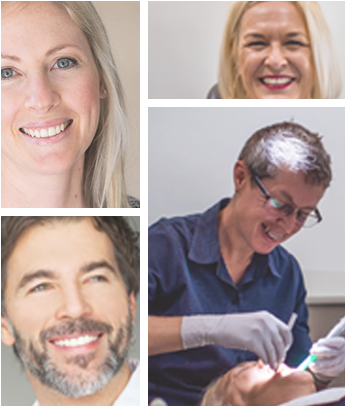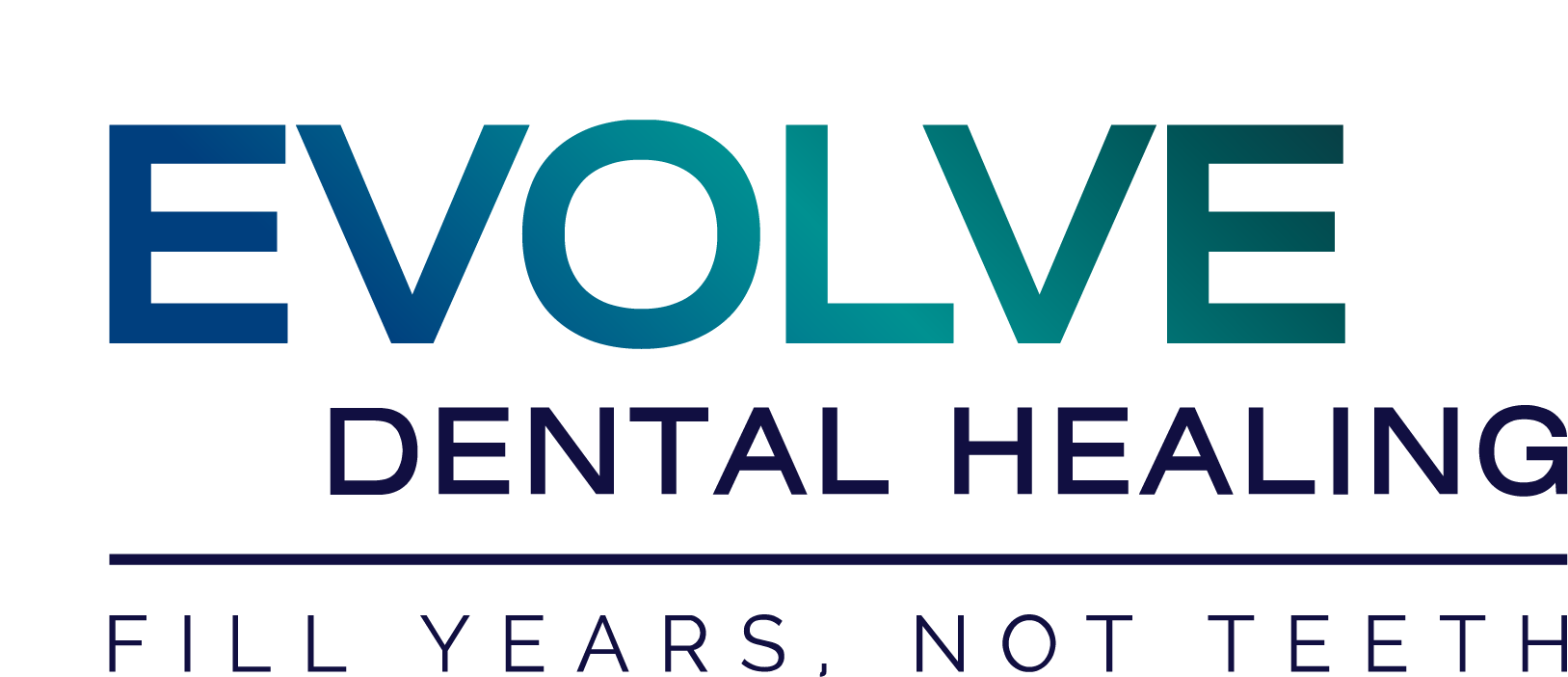What Dentists Can Tell About Your Health By Looking In Your Mouth

Dentists can tell a lot about your health when looking in your mouth.
When us dentists poke around inside your mouth while at the same time asking you questions about how often you floss, it’s not just cavities we are looking for — there’s a lot more than tooth decay that we can see – by looking in your mouth I can tell a lot about your health.
The health of your mouth, particularly your gums, has major implications for your general health.
Dental Check Ups – Its Not Only About Teeth
It’s probably no surprise that as a dentist I look for signs of dental disease, infection and oral cancer when examining the mouth. But some far less obvious health conditions show up in your mouth too.
If the eye is the window to the soul, the mouth is the window to the body…
Medical conditions are more likely to show up in the gums and mouth than the teeth themselves, though ignoring those gum conditions and not flossing can lead to some pretty serious teeth issues.
Gum Disease and Mouth Infections
People ignore periodontal, or gum disease with surprising frequency. It never ceases to amaze me that I see people coming in who are meticulously dressed, women and men, who have their hair and nails done, are very interested in health — and yet these are patients who haven’t seen a dentist in years!!
Almost 50% of adults have some form of gum disease, which is the leading cause of tooth loss and a sign of many other health issues as well.
As a holistic dentist I want to help you save your teeth and for you to live a healthy life so my comprehensive dental examination goes way beyond your usual couple of minutes tooth check.
And here’s why…
Here are seven things that as a dentist I can tell from looking in your mouth.
- You are pregnant. Small red growths on the gums and between teeth, frequently referred to as pregnancy tumours, show up in about 5% of pregnant women. They aren’t dangerous, but can be associated with increased sensitivity in the mouth, which means that some women need extra dental care while pregnant.
- Light pink pale gums can be a sign of anaemia. When people are iron deficient, their gums can lose the normal red colour and turn pink or even white.
- Many antidepressants cause dry mouth, which can lead to cavities. Medications like Prozac and Zoloft commonly have this effect. While these drugs can help people manage mental health issues, some decrease the flow of saliva, which acts like a protective agent for teeth. To combat this mouth drying effect I recommend sprays, saliva substitutes, or other strategies for protecting teeth. Certain antihistamines, which are frequently used to treat allergies, can cause similar dry mouth issues.
- You’re stressed out or anxious. I usually get a steady flow of patients complaining of sensitive gums and teeth, who say “this is the worst time for this to be happening.” Because they are busy, dealing with a life crisis or recovering after illness or surgery. Unfortunately, “the worst time” is a frequent trigger for gum problems, as people are more likely to neglect oral hygiene and are likely to have an increased amount of stress hormones like cortisol in their body. Higher levels of cortisol are strongly associated with inflammation and make it harder for your body to fight infection. Those stress hormones and associated inflammation also lead to gum disease, which can cause tooth and bone loss.
- You have diabetes or elevated blood sugars. Red swollen bleeding gums along with frequent infections called abscesses at the root of a tooth or on the gums in between teeth are a common side effect of diabetes. Dentists might be the first to diagnose diabetes in many patients, as these infections, which can be painful, frequently bring someone to a dentist’s office. Healthy people can develop abscesses, but people with diabetes have an increased risk. Someone who is having trouble managing their blood sugar is especially susceptible to these infections, and the inflammation abscesses cause makes it harder to control blood sugar. That interaction can create a nasty cycle where one issue feeds and makes the condition worse.
- Autoimmune diseases such as lupus and Crohn’s disease can cause sore red spots in the mouth. Lichen planus, another condition that seems to be linked to immune function, frequently shows up as sores on the skin and white spots in the mouth. These spots may be tender or painful and can lead to mouth ulcers, which can be dangerous, but the spots themselves usually respond to treatment.
- Heart problems are associated with gum disease as well. People with periodontal issues are more likely to suffer from heart disease. Researchers think the relationship may be related to underlying issues with chronic inflammation.
One common link with many of these conditions is particularly important to note: dealing with these issues in the mouth can make it easier to find and treat conditions that affect other parts of the body as well.
It’s a good reason to make sure to schedule a regular visit to a dentist, even if you’re lucky enough to have never had a cavity.
Call us to schedule your dental health check today 07 3720 1811.
-
Dr. Rachel Hall
Rachel is the founder and principal dentist at Evolve Dental Healing with over 30 years experience, practising holistically since 2001. Not your typical dentist, Rachel is a passionate opinion leader, challenging convention to empower people to make better dental and health choices, helping thousands to have healthy natural smiles. A respected writer and presenter on holistic dentistry, health and wellness it is Rachel’s mission to revolutionise the way people look at their dental health.
Talk to us for more details and information
CONTACT US
67 Kenmore Road
Kenmore Queensland 4069
Phone: 07 3720 1811
Fax: 07 3720 1899
Email: info@evolvedental.com.au
OPENING HOURS
Monday – Friday: 7:30am – 5:30pm
References and Citations Mercury & Amalgam Fillings




